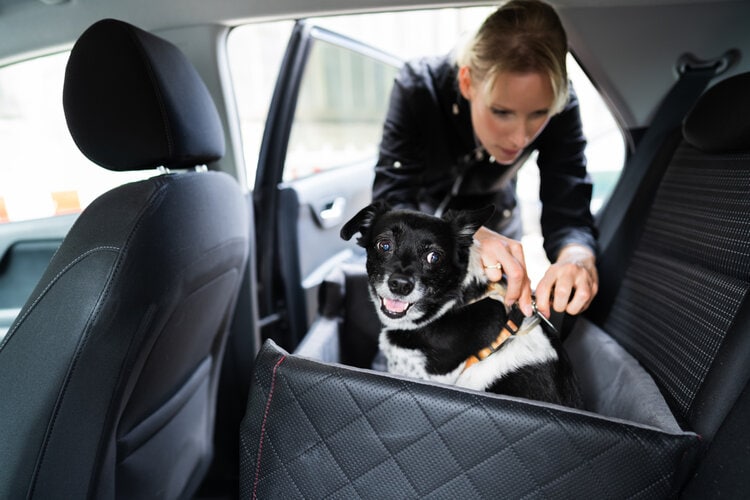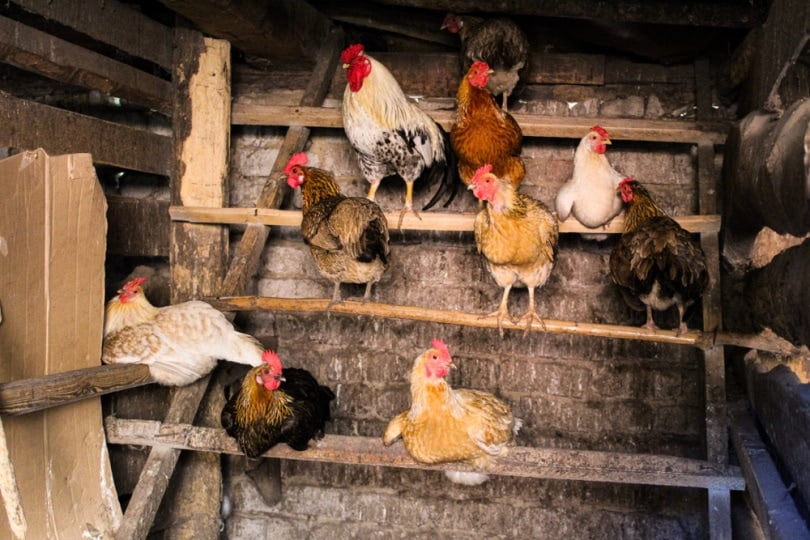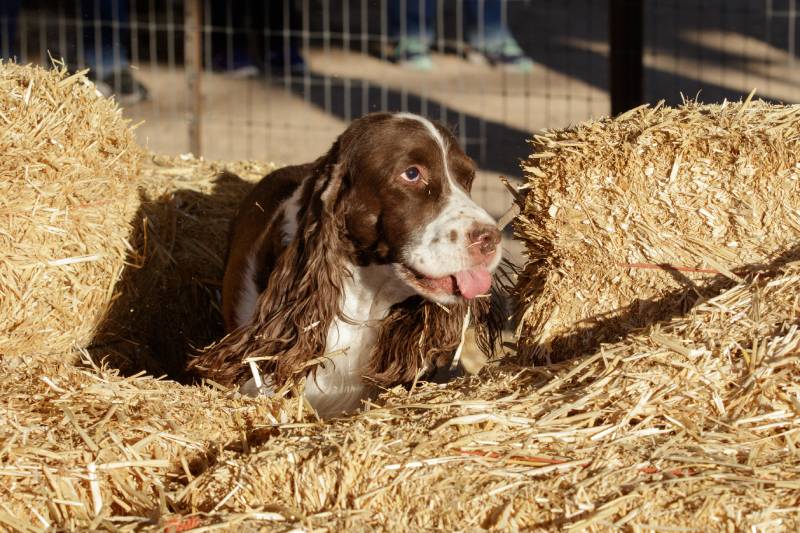VET APPROVED

The information is current and up-to-date in accordance with the latest veterinarian research.
Learn more »Click to Skip Ahead
DNA tests are becoming increasingly popular across the board, whether it’s for humans, pets, or any creature in between. It’s very interesting to discover all the information you can gather from these tests.
While DNA test kits are fairly common for humans and dogs, they have recently become available for cats as well. We are going to take a closer look at cat DNA tests, what they offer, their costs, and whether they are worth looking into. The average cost of a DNA test kit for a cat is $45 – $110.

The Cost of Cat DNA Tests
The cost of a DNA test kit for a cat ranges from approximately $45 to $110. There are a few different companies that sell these kits. To choose the right kit, it is recommended that you research the company and the kit itself to ensure the test will be able to give you the information you want to learn about your cat.
The DNA kits that are capable of breed sequencing and providing thorough information about genetic health conditions typically come at a higher cost.
- Related: How Much DNA Do We Share with Dogs?
How Effective Are Cat DNA Tests?
Cat DNA tests analyze your cat’s genetic makeup to identify breed composition, screen for hereditary health conditions, and predict physical traits. However, due to the relatively recent development of distinct cat breeds, these tests may not always provide precise breed identification. For example, genetic testing might indicate that a cat is a “Maine Coon mix” based on only a few shared genetic markers. Furthermore, while some genetic tests screen for common inherited diseases, such as hypertrophic cardiomyopathy (a common feline heart condition), they do not screen for every possible disease. Therefore, regular veterinary care is crucial for your pet’s health and well-being. These tests can also predict traits such as fur color, coat type, or the presence of genes for extra toes. Another important point to consider is that the reliability of results varies by company. Companies with larger databases typically have better accuracy. Therefore, while cat DNA tests can provide interesting information and insights, they may not always be 100% definitive.
What Can We Learn From the Test?
Not all DNA tests are going to have the same capabilities. Below, we will cover all the different areas these tests can cover. Once you know what kind of information you want to learn about your cat, you can narrow down the type of DNA test that best suits your needs.
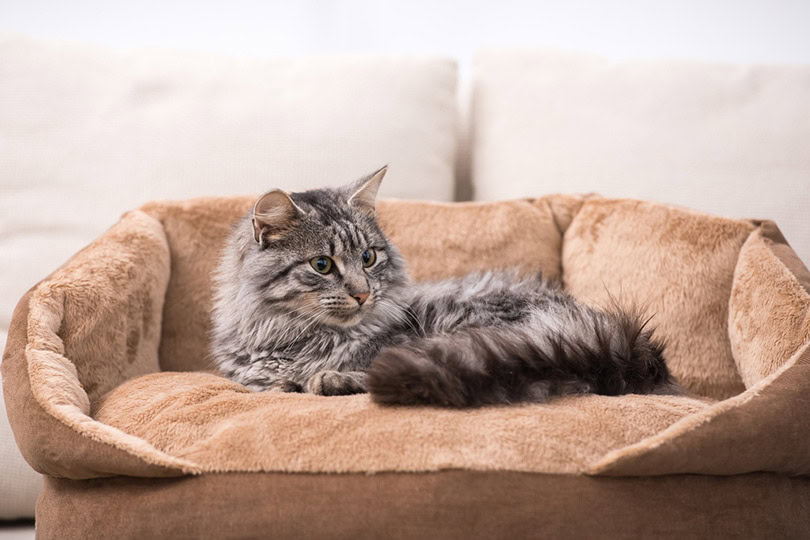
Lineage Information
As mentioned, the breed of a cat is much harder to narrow down due to the differences in domestication. If they are not purchased directly from a breeder, it can be difficult to determine what types of purebred cat yours is mixed with. The majority of pet cats are a mixture of different cat breeds. Some of the DNA tests will give you information on lineage and breed sequencing.
Domesticated cats from around the world can be traced back to eight geographic regions including, Western Europe, Egypt, East Mediterranean, Iran and Iraq, the Arabian Sea, India, South Asia, and East Asia. There are cat ancestry tests that will determine if your cat is descended from one or more of these 8 ancestral groups. Once the ancestral origin is determined, comparisons can be completed with 10-70 different breeds (depending on the test) to recognize similarities.
Hybrid Status
There are DNA test kits that will be able to tell you what percentage of wild cat DNA your cat has. Wild cat genetics go much farther back than those of domestic purebred cat breeds. After all, domesticated animals were derived from wild animals. Most domesticated cats that are closely related to wild cats are easy to identify due to features and size, but you never know what percentage of wild DNA is lurking in your cat’s gene pool.
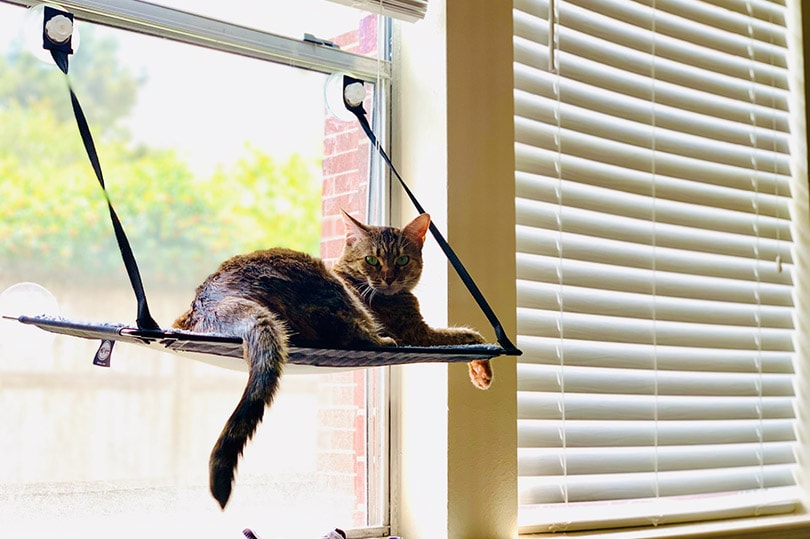
Genetic Health Conditions and Potential Health Risks
Since genetic testing is becoming more common in cats and other pets, it has become a diagnostic tool for veterinarians. As an owner, you can purchase a cat DNA test kit that can give you insight into the possible genetic health conditions that are specific to your cat. A DNA test can never replace a proper diagnosis from a veterinarian, but having this information is very helpful in being proactive to prevent and also implement treatments for these conditions.
Metabolic Disorders and Intolerances
In addition to genetic health conditions, some DNA tests have the capability of recognizing some enzyme deficiencies, such as lactase deficiency, resulting in food intolerances that your cat may suffer from. Some kits can be very helpful in getting to the bottom of Metabolic disorders, such as mucopolysaccharidosis, which can affect a cat’s digestion. These can help to ensure your cat is fed an appropriate diet and gets proper treatment if it is determined they do, in fact, have these kinds of issues.
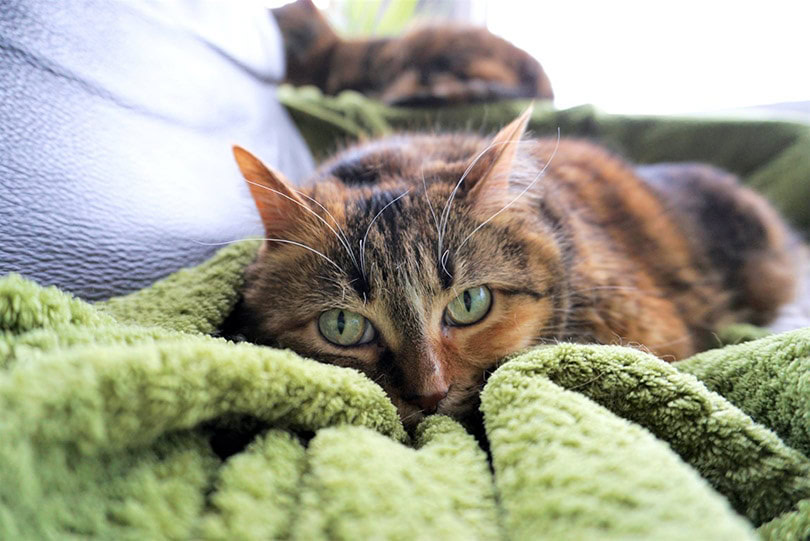
How They Work
DNA tests work similarly to one another but are dependent on the type of kit you purchase. Most often, you will be required to take a swab from the inside of your cat’s cheek to collect the DNA and will then send it to the company’s laboratory for testing. There are some varieties of DNA kits that utilize hair or blood samples.
The laboratory will analyze the sample once it has been received and the report will be available to you either online or via mail within a few weeks. Make sure you read all instructions thoroughly before you start the process.
Some kits may have certain requirements, like ensuring your cat does not eat or drink within a certain period of time or is kept away from other animals for a certain amount of time to avoid any cross-contamination.
Once you have collected the sample properly, follow the steps to package it properly and ship it back to the company. Many companies will offer you to be updated as information and technology advances, so that if any new information becomes available, you will be notified.
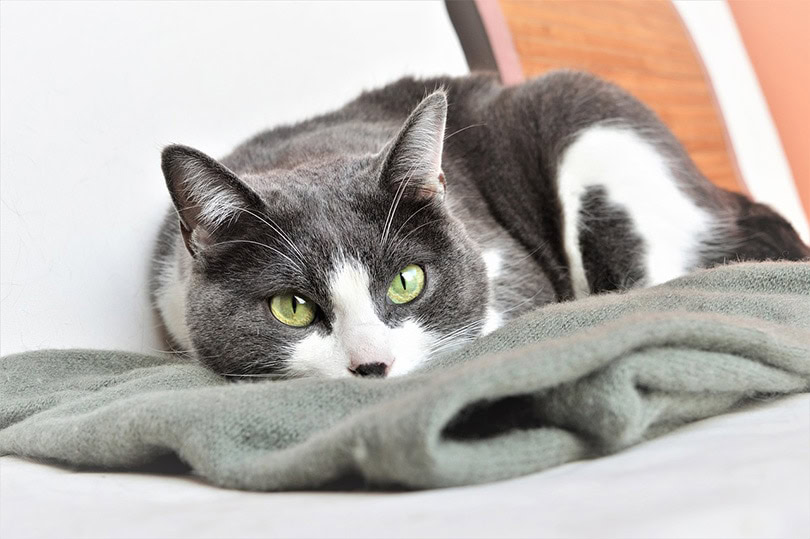

Are They Worth It?
Whether or not a cat DNA test is worth the price is truly up to you. There is a lot of interesting information to be learned about our feline pals and the cost will depend on your level of curiosity as an owner.
These tests do not diagnose your cat with a disease, nor is it able to tell you whether your cat will definitely get or avoid the diseases they have been screened for. They can, however, give you some insight on what to look for.
Since these DNA tests can be used as preventative tools, they are becoming increasingly popular among purebred cat breeders, so it may not be a bad idea if you are considering breeding your cat. Remember that this type of testing does not replace routine veterinary care and proper diagnosis from a medical professional.
You may also find this interesting:
- How Accurate Are Cat DNA Tests? What You Need To Know
- Ancestry Know Your Pet DNA Review: Get to Know Your Dog Better than Ever
Featured Image Credit: Yuriy Seleznev, Shutterstock






